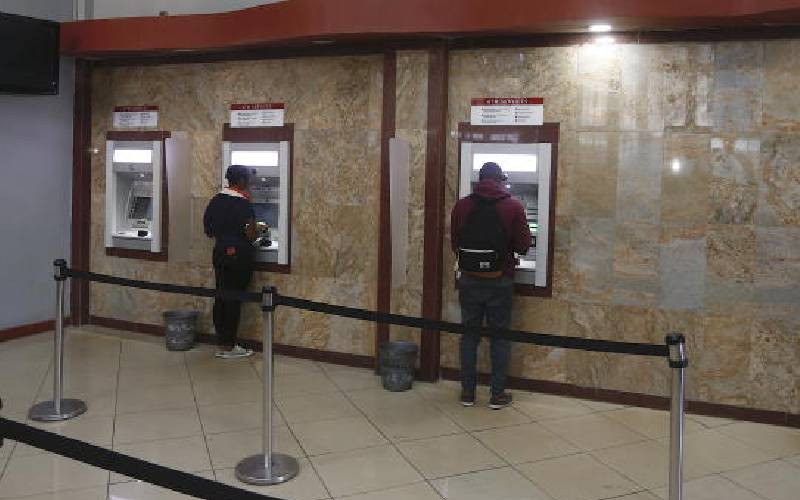×
The Standard e-Paper
Join Thousands Daily

Are the perceived out-of-fashion Automated Teller Machines (ATMs) about to become obsolete and technological dinosaurs like the infamous telephone booths?
Maybe not so fast!






